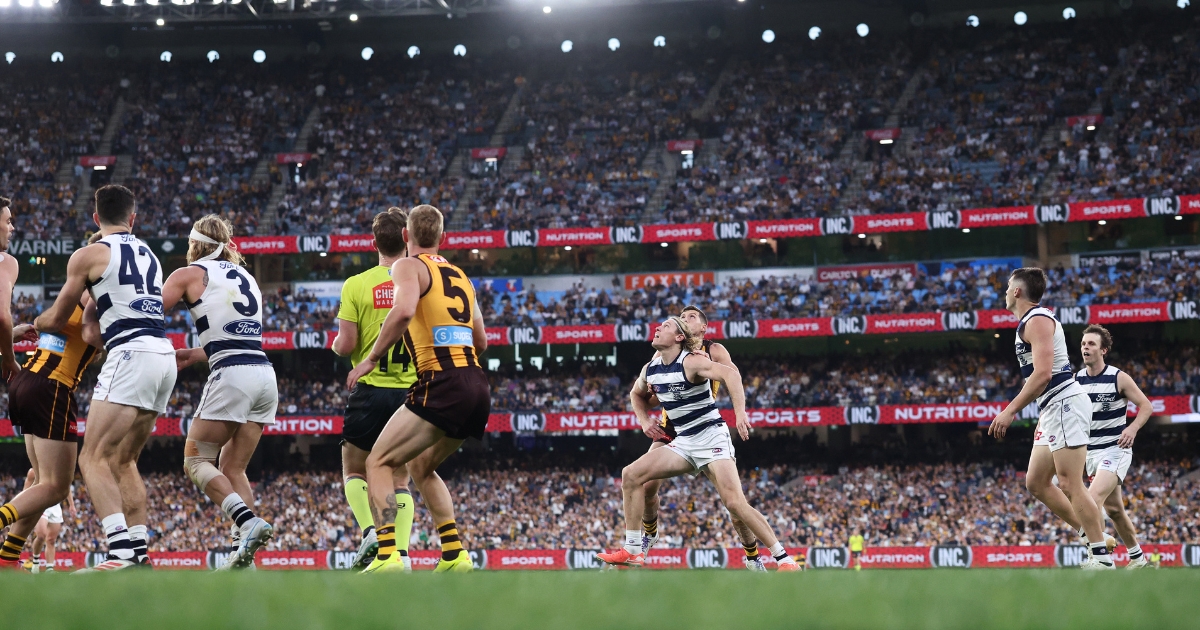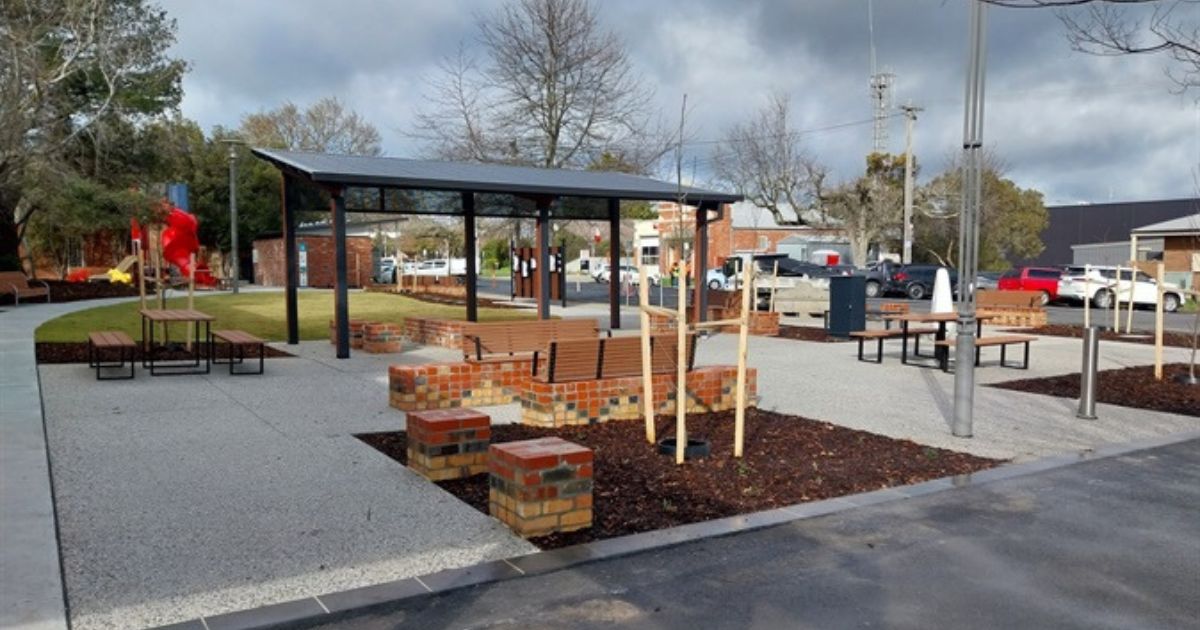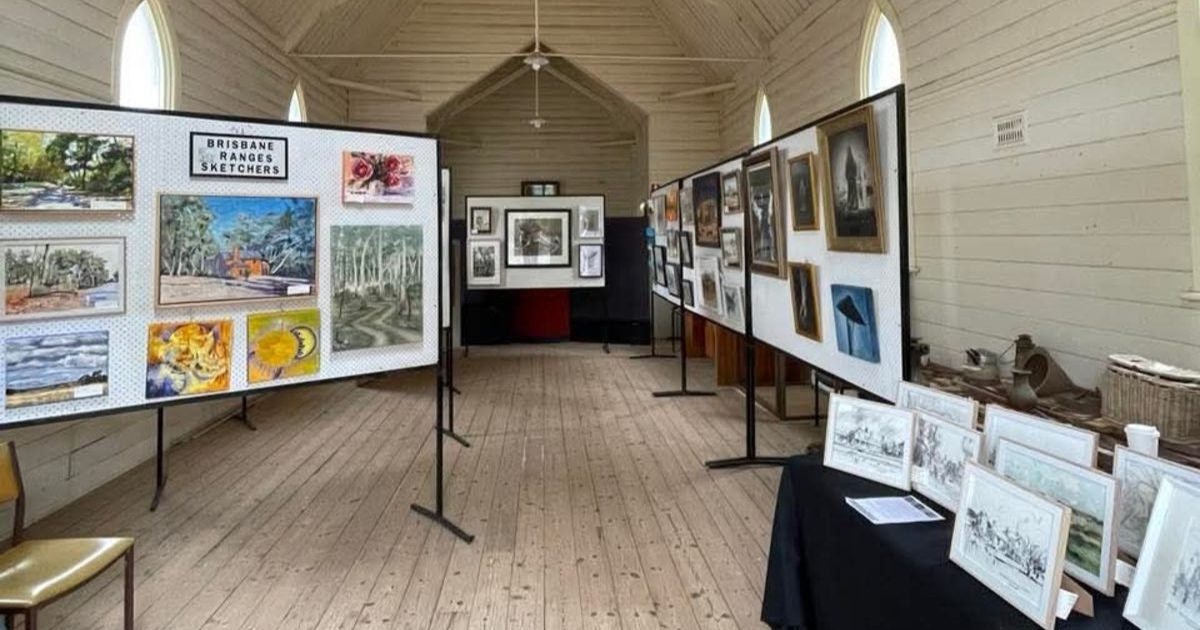Our Threatened Native Grasslands – Part III
Eyewitness to Port Phillip Grasslands
Bob Reid presented eyewitness accounts of the grasslands in the early days of the European and sheep invasion of the Port Phillip grasslands.
In June 1835 John Batman wrote to Governor Arthur about the Port Phillip land and his ‘treaty’ with local tribal leaders ‘…downs were extending on every side as far as the eye could reach, thickly covered with grass of the finest description…’
By June 1836 Police Magistrate George Stewart reported that he had recorded 11 ships that made 48 trips between Van Dieman’s Land and Port Phillip. They had landed 26,500 sheep!
In November 1840 Charles Griffith reported in his diary – ‘…rich grass growing up to our knees which was the character of a greater part of the plains which we traversed on this day. Other parts more adaptable for sheep feeding were thinly covered with small herbs with but little grass – but it is on these herbs that sheep chiefly feed…’
By March 1841 Charles Griffith and James Moore had taken possession of ‘Glenmore’ pastoral run in the Rowsley (Parwan) Valley under pastoral licence. Of their grasslands Charles Griffith observed ‘…The grasses of this country are very succulent and nourishing or perhaps I should say the Kangaroo grass which is the principal one …There are besides numerous herbs which horses, cattle and sheep eat with great greediness. One in particular which is known by the native name of murnong which has a tuberose root which supplies food to the Aborigines in the spring…’
Destruction of grassland plants, particularly herbs with roots and tubers used for food, had a serious negative impact on Aboriginal diet. These plants formed the staple of Aboriginal diet. The forced adoption of European food seriously damaged Aboriginal health. (Zola & Gott 1992, Karen O’Dea 1992)
Hunting sheep instead of Kangaroos led to conflict with the invading pastoralists and their shepherds. Conflict over sheep and possession of native grasslands led to murder in the grasslands (John Montagu August 1836).
By 1874 William Bacchus (son of Captain Bacchus) warned of the loss of native grasses and herbs – ‘…The practice of grazing the same land throughout the year and overstocking has had the effect of repressing and injuring the native herbage, whilst every encouragement has been given to the growth of sedges, ferns, rushes, and other plants, which stock will not eat unless pressed by downright hunger. This practice must be reversed before our grasslands become again anything like what they once were.’
The grasslands program celebrated Earth Science Week. BacchChat, run by the Moorabool Shire Lerderderg Library staff, also promoted a native grasslands restoration project of the Council Trench Reserve Committee of Management, sponsored by a Melbourne Water Landcare grant.



















